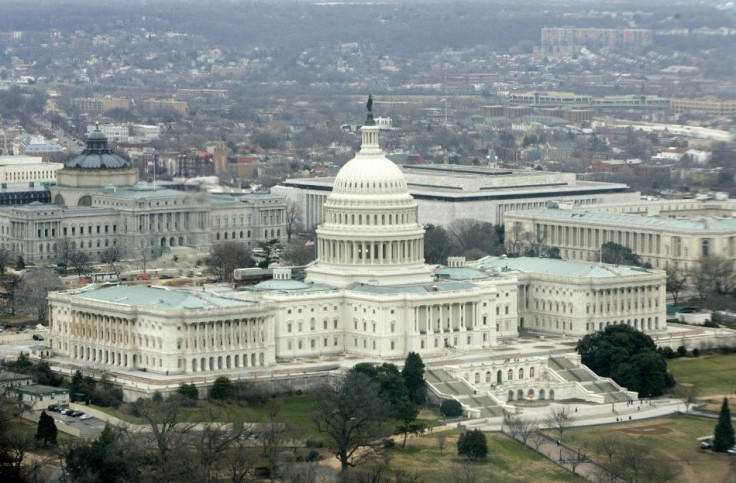Cantor, Kyl Quit Deficit Reduction Talks, Increasing Risk of U.S. Default

If you thought the deficit reduction negotiations on Capitol Hill are one in which the divide is wide, hang on to your hat: the policy gap just got wider.
First, U.S. Rep Eric Cantor, R-Va., announced Thursday that he is quitting Vice Presient Joe Biden's, D-Dele., 'Gang of 6' bipartisan negotiation sessions due to an impasse over taxes Bloomberg News reported Thursday. Then, U.S. Sen. Jon Kyl, R-Ariz., and the No. 2 Republican leader, announced he's withdrawing from the talk, as well.
Further, Kyl, in a joint statement with Senate Minority Leader Mitch McConnell, R-Ky., said the White House and Democrats are insisting on job-killing tax hikes and new spending and the pair say such a plan would not pass in the current Congress, The New York Post reported Thursday.
What's more, Cantor's and Kyl's decisions occur after Democratic leaders Wednesday called for new spending and tax cuts to boost the sluggish U.S. economy. Senate Democrats want the deficit reduction package to include a payroll tax cut, more money for highway construction, and clean-energy subsidies to help lower the nation's high 9.1% unemployment rate.
Get the recovery right before you get in this deficit-cutting mode, Assistant Senate Democratic Leader Dick Durbin, D-Illinois said, Reuters reported. Get people back to work.
Biden's deficit reduction committee began with high hopes that key officials from the two polarized political parties would find common ground. However, the talks have recently degenerated, primarily due to the issue of taxes: Republicans are opposed to a tax increase; Democrats say revenue increases must be part of any package for deficit reduction to be meaningful and enduring.
Further, as the stalemate continues, U.S. stock and bond markets watch with increasing concern. A year ago, it seemed implausible that the two parties would disagree so much that the nation would be at risk of defaulting on its bonds, due to a failure to raise the debt ceiling before the U.S. Government runs out of money in early August. Now, incredibly, as a result of the latest breakdown in deficit reduction talks, it appears a U.S. default is possible.
© Copyright IBTimes 2024. All rights reserved.



















